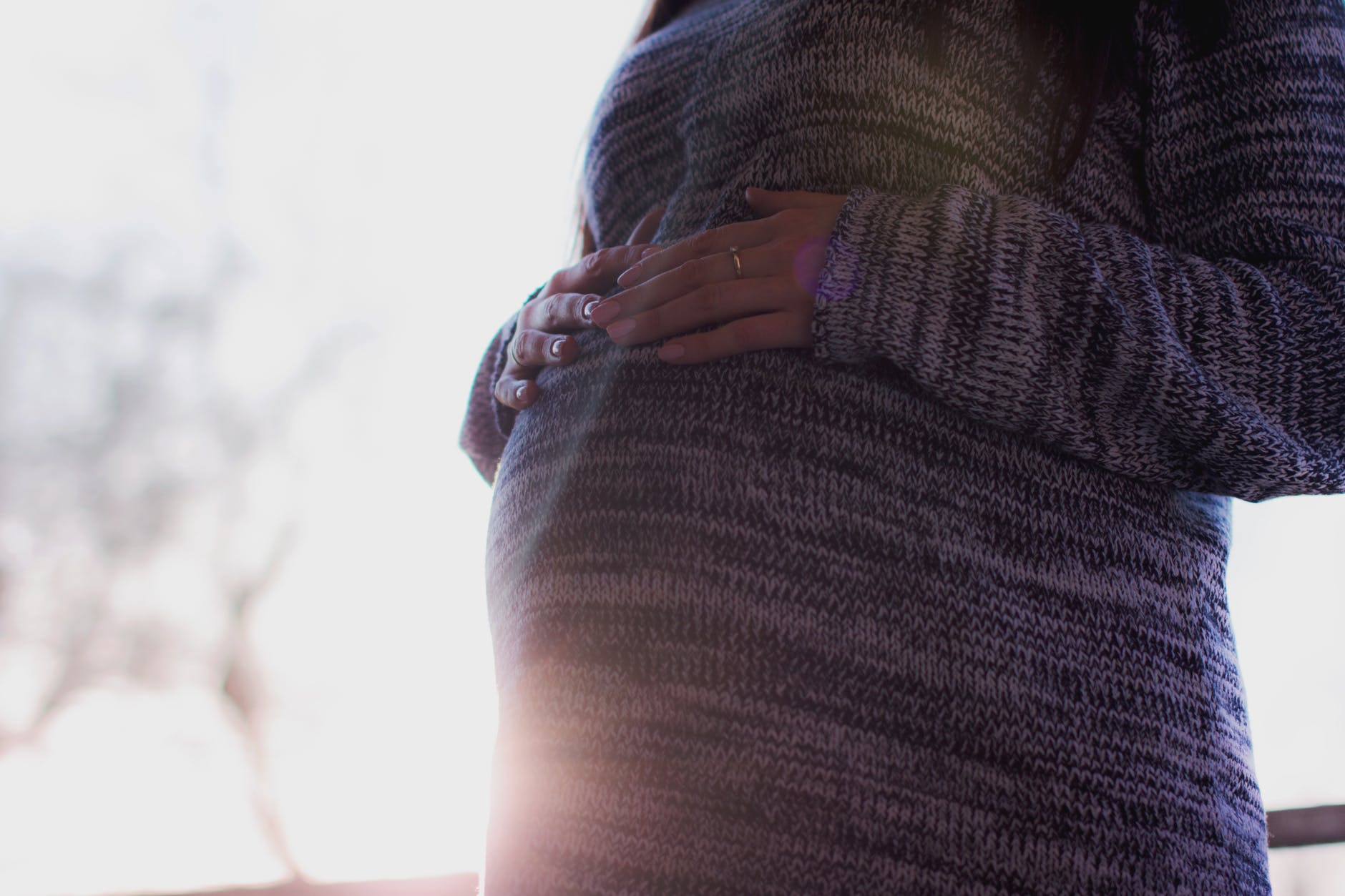It’s normal to have second thoughts over taking certain vitamins and supplements during pregnancy. After all, you only want what’s best for the baby, and you might not be so comfortable with bombarding your body with chemicals you aren’t so familiar with. However, you’d be surprised how helpful it can be to add some probiotics to your diet.
Besides relieving constipation and supporting your general health, below are some of the benefits of probiotics for pregnant moms.
Strengthens the immune system
There are plenty of things you can pass onto your baby, including a healthy immune system, according to Dr. Maria Collado. In the last three months of pregnancy, mothers start transferring antibodies to their baby to give them some protection when they’re born. This means that the type and amount of antibodies transferred to your child is largely dependent on your own immunity. Interestingly enough, health writer Jordan Bissell outlines how more than 80% of your immune cells live in your digestive tract. Probiotics can boost your immune system by supercharging the healthy bacteria that live in your intestines.
Lessens body fat
During the third trimester of your pregnancy, your microbiome triggers the increase in blood sugar and body fat. This is so that your body is fully equipped to provide your baby with the proper nourishment they need. However, you could be worried about the extra weight gain. As it increases the number of good bacteria in the intestines, probiotics help convert body fat to energy. So, instead of the fat accumulating, probiotics turn it into energy much quicker.
Lowers the risk of pregnancy complications
Probiotics may not be able to prevent every kind of birth complication, but a recent study published in the British Medical Journal found that it greatly reduces the chances of preeclampsia and premature births. Preeclampsia is a post-birth disease that’s caused by a sudden spike in the mother’s blood pressure, which can lead to swelling, convulsions, and even death. And while the cause of premature births is hard to identify, women with high blood pressure are at a greater risk. Luckily, probiotics are both anti-inflammatories and regulators of blood circulation, so they help in mitigating the symptoms of preeclampsia and premature birth.
When to take probiotics?
Currently, there are no known safety concerns attached to taking probiotics during pregnancy. However, there are instances when the supplements are more potent, so you have to know when and how to properly take them. Parsley Health suggests that the best time to take probiotics is on an empty stomach, particularly before meals or first thing in the morning. Your goal is to have the probiotics reach your intestines. Because if your stomach is busy digesting food it becomes too acidic for the good bacteria to take effect.
If you’re worried about any unnecessary additives in supplements, you can always just digest them the natural way. Foods such as yogurt, pickles, and some fermented cheese all contain good probiotics. Even pregnancy superfoods, such as the ones listed in a previous post on Pure Nurture, have their own ways of promoting gut health. Chia seeds, for example, coat your stomach in a jelly-like substance, which then fosters the growth of good bacteria.
All in all, yes, it’s highly recommended to take probiotics during pregnancy. Not only does it help with digestion, but it also helps you have a healthier baby. Don’t worry, most probiotic supplements and pasteurized foods are generally safe to consume. But at the end of the day, remember to consult with your local healthcare provider before making any drastic changes to your lifestyle.











